Post-Translational Modifications in Biological Research
Proteins are the primary executors of cellular life activities, but their functions are not fixed once translation is complete. Post-translational modifications (PTMs) serve as a universal and precise regulatory mechanism that introduces diverse chemical groups or small molecules onto specific amino acid residues, thereby endowing proteins with new structures and functions. PTMs can dynamically alter protein activity, localization, interactions, and stability, allowing them to play central roles in biological processes such as signal transduction, metabolic regulation, gene expression, and stress responses. Consequently, studying PTMs not only enhances our understanding of fundamental biological processes but also provides critical insights into disease mechanisms and drug development.
Yang, YH. et al. Mol Med. 2023.
Common Types of Post-Translational Modifications and Their Biological Roles
Different types of PTMs participate in regulating a wide range of biological processes, each carrying distinct functional significance.
1. Phosphorylation
As one of the most common reversible modifications, phosphorylation acts as a "molecular switch" that governs cellular signaling. By altering protein conformation and activity, phosphorylation influences cell cycle progression, metabolic pathways, and stress responses, enabling rapid adaptation to environmental changes.
2. Acetylation and Methylation
These modifications are frequently found on histones, where they directly mediate chromatin remodeling and transcriptional regulation. Acetylation typically promotes gene expression, while methylation may either activate or repress transcription. Through these mechanisms, PTMs play decisive roles in epigenetic regulation, impacting cell differentiation, development, and disease progression.
3. Glycosylation
Glycosylation is essential for protein folding, secretion, and stability, and it also serves as a fundamental mechanism for cell–cell recognition and immune responses. For example, glycan modifications on cell surfaces determine the specificity of interactions with pathogens or antibodies.
4. Ubiquitination and SUMOylation
Ubiquitination labels proteins for proteasomal degradation, thereby maintaining cellular homeostasis and regulating processes such as the cell cycle and DNA repair. In contrast, SUMOylation primarily contributes to stress responses, transcriptional regulation, and stabilization of protein complexes. Together, they play indispensable roles in controlling cell fate and adaptive responses.
5. Lipidation
Modifications such as palmitoylation and myristoylation anchor proteins to membranes and regulate their subcellular localization. These modifications are particularly important in receptor signaling and other membrane-associated processes.
Functional Roles of PTMs in Biological Processes
PTMs are indispensable tools for fine-tuned cellular regulation, and their biological functions can be summarized as follows:
1. Regulation of Enzyme Activity and Signaling Pathways
By adding or removing specific modifications, cells can rapidly modulate enzymatic activity, precisely control signal amplification or suppression, and ensure both timeliness and specificity of information transfer.
2. Shaping Protein Interaction Networks
PTMs modify binding sites or affinities, enabling proteins to dynamically assemble or dissociate from complexes. This rewiring of signaling networks allows for the regulation of complex cellular behaviors.
3. Maintaining Cellular Homeostasis and Metabolic Balance
Ubiquitination-driven protein degradation and glycosylation-mediated metabolic regulation ensure that cells function stably in dynamic environments while preventing the accumulation of aberrant proteins.
4. Determining Cell Fate
PTMs are critical in processes such as stem cell differentiation, immune cell activation, and apoptosis, directly influencing whether a cell survives, transforms in function, or undergoes programmed death.
Applications in Biological Research
1. Elucidating Disease Mechanisms: Many diseases are directly linked to aberrant PTMs, such as dysregulated phosphorylation in cancer or abnormal ubiquitination in neurodegenerative disorders.
2. Drug Target Discovery: Enzymes responsible for PTMs, such as kinases and deacetylases, have become important therapeutic targets.
3. Biomarker Development: Specific modification patterns can serve as reliable indicators for disease diagnosis and prognosis.
4. Systems Biology Exploration: Multi-omics approaches to studying PTM networks help uncover the complex regulatory logic and adaptive mechanisms of cells.
As a key mechanism of protein regulation, post-translational modifications are deeply involved in virtually every aspect of life processes. From signal transduction and gene expression to metabolic balance and cell fate, PTMs are everywhere. In-depth investigation of these modifications not only reveals the essence of biological processes but also opens broad possibilities for disease intervention and precision medicine.
MtoZ Biolabs, an integrated chromatography and mass spectrometry (MS) services provider, provides advanced proteomics,metabolomics, and biopharmaceutical analysis services to researchers in biochemistry, biotechnology, and biopharmaceutical fields. Our ultimate aim is to provide more rapid, high-throughput, and cost-effective analysis, with exceptional data quality and minimal sample consumption. For more information about our services, please feel free to contact us.








